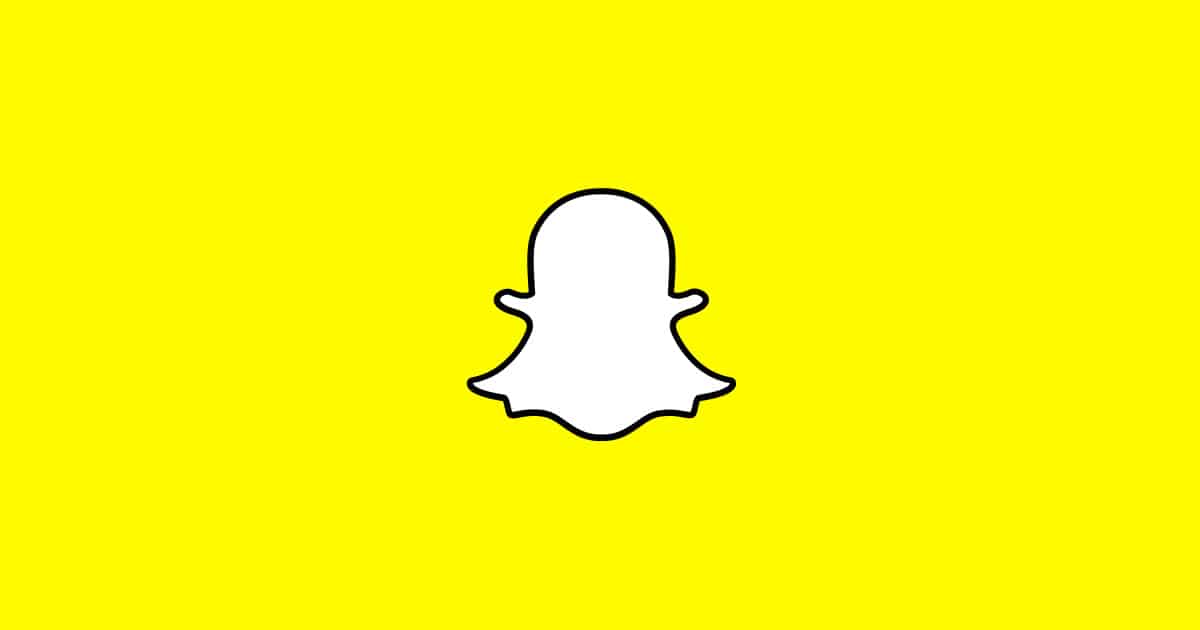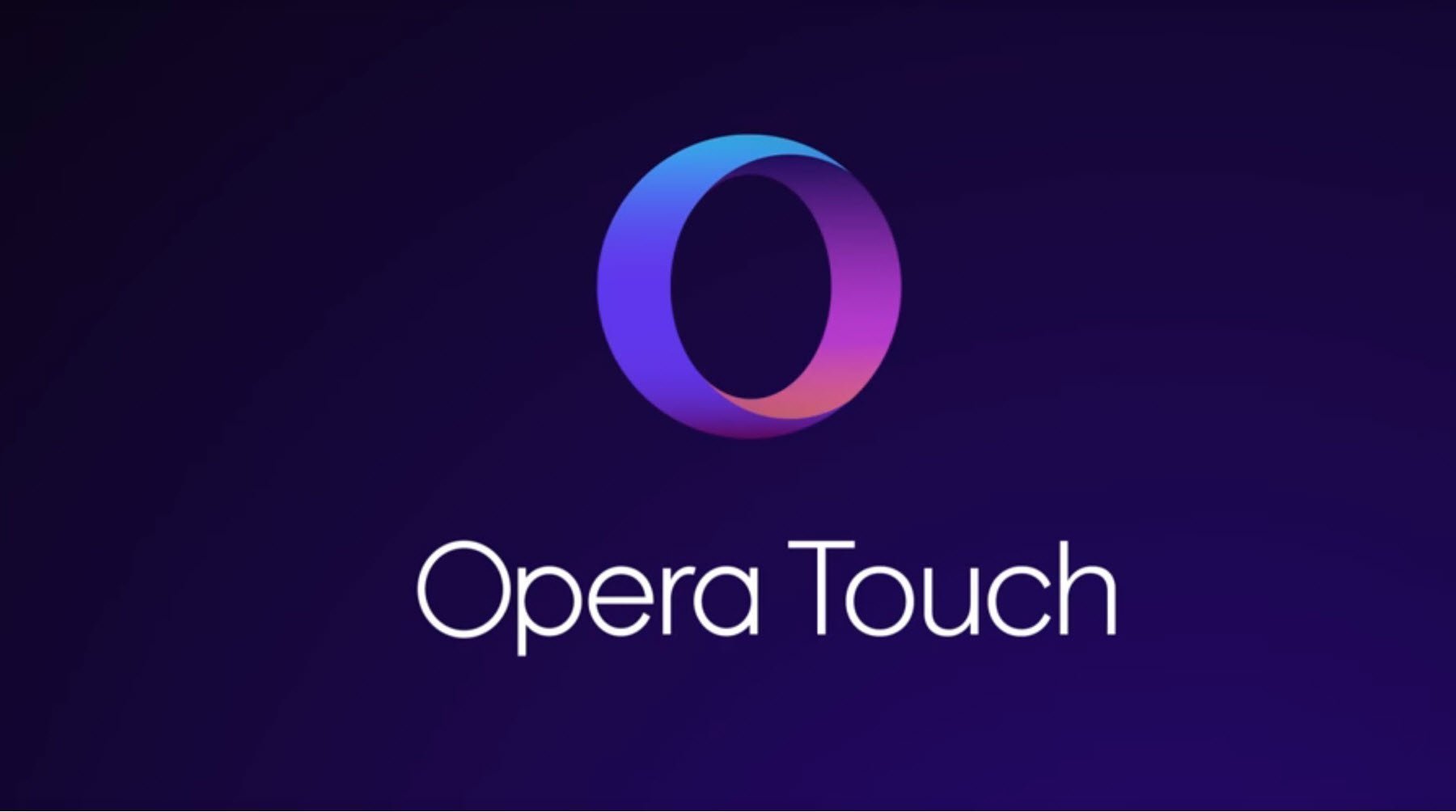
TikTok, the popular social media app, has taken the world by storm, especially among Gen Z and younger demographics. The app, which allows users to create and share short-form videos with various filters, music, and effects, has amassed over 1 billion monthly active users worldwide, making it one of the most popular social media platforms.
TikTok has become a platform for creative expression, entertainment, and self-expression. Users can find a variety of content on the app, ranging from dance videos to lip-syncs, comedic skits, and educational content. One of the app's unique features is its algorithm, which tailors the content to each user's interests and preferences, making it an engaging and addictive platform.
The app's success can be attributed to several factors, such as its ease of use, its ability to go viral quickly, and its vast library of music and sound effects. It also offers a level playing field for users to showcase their talents, regardless of their follower count or social status.
There are several factors that have contributed to TikTok's success. One of the main factors is the app's ease of use and its ability to go viral quickly. The short-form video format and the ability to add music and filters make it easy for users to create engaging content quickly, leading to a high level of user-generated content on the app.
Another factor is TikTok's algorithm, which uses machine learning to tailor content to each user's interests and preferences. This personalized approach has made the app highly addictive, leading to increased user engagement and retention.
TikTok's library of music and sound effects is also a significant factor in its success. The app has a vast collection of licensed music and sound bites that users can incorporate into their videos, making it easy to create engaging and entertaining content.
The app's democratization of content creation has also contributed to its success. TikTok allows anyone to create and share content, regardless of their follower count or social status. This has led to a diverse range of content on the app, from comedy skits to educational content, allowing users to find something that appeals to their interests.
Lastly, TikTok's global appeal has helped it to become a popular app worldwide. The app is available in over 150 markets and has been localized to suit the cultural preferences of each market, making it accessible to a wide range of users.
In summary, TikTok's success can be attributed to its ease of use, personalized content, music library, democratization of content creation, and global appeal. These factors have made TikTok a dominant force in the world of social media and have attracted a large and engaged user base.
TikTok has also had its fair share of controversies, especially regarding privacy concerns and data security. The app has been accused of collecting and sharing user data with the Chinese government, leading to several countries, including India and the United States, considering banning the app altogether. However, TikTok has denied these allegations and has implemented measures to enhance user privacy and security.
TikTok has faced several controversies since its launch. One of the biggest controversies is related to privacy concerns and data security. There have been allegations that the app collects and shares user data with the Chinese government, as the app is owned by the Chinese company ByteDance. These allegations have led several countries, including India and the United States, to consider banning the app altogether.
Another controversy that TikTok has faced is related to the content moderation policies of the app. Some critics have argued that the app has not done enough to remove harmful content, such as hate speech, misinformation, and graphic videos, from its platform. TikTok has responded by implementing measures to improve content moderation, such as increasing the number of moderators and introducing new policies.
TikTok has also faced criticism for its impact on mental health, as the app's algorithm can create a cycle of addictive content consumption that can be harmful to some users. In response, the app has introduced features such as Screen Time Management, which allows users to limit their time on the app, and a Wellness Center that offers resources and tips on mental health.
Despite these controversies, TikTok continues to be a popular app among users worldwide. The app's success can be attributed to its unique features and engaging content, which have made it a dominant force in the world of social media.
In conclusion, TikTok has revolutionized the social media landscape, offering users a unique and engaging platform for creativity and self-expression. While the app has had its fair share of controversies, its popularity and user engagement show no signs of slowing down anytime soon. Whether you love it or hate it, TikTok is undoubtedly a force to be reckoned with in the world of social media.








